Creative experience might enhance brain health, which could slow down the brain’s ageing.
That’s according to a study by a group of international scientists across 13 countries. They found that creative activities, like dance classes – the tango proved particularly effective – or art classes or music lessons or a hobby like gaming, had a positive impact on an artificial intelligence (AI) “brain clock”. And the more the participant practised their art form, the “younger” their brain clocks were.
We asked the lead researchers, neuroscientists Carlos Coronel and Agustín Ibáñez, to explain their study.
What is brain health?
Brain health is the state of cognitive, emotional and social functioning that allows people to realise their potential, maintain their wellbeing, and adapt to changes across the course of life. It is not defined by the absence of disease but by the brain’s ability to sustain efficient, resilient and integrated activity that supports everyday life.
Brain ageing is the biological and functional changes that happen in the brain over time. It includes changes in structure, connectivity and metabolism that may or may not impair performance. While some decline is natural, the rate and pattern of these changes vary greatly between individuals, reflecting both vulnerability and resilience.
“Brain clocks” are machine learning (AI) models designed to estimate how old a brain looks, based on brain scans or neural activity patterns. They compare neuroimaging, electrophysiological, or neuromolecular data to normal brain patterns across the lifespan.
So, by using a brain clock we can try to understand what makes a brain more resilient and what ages it faster.
What did you want to find out?
We wanted to know whether being creative isn’t just fun or emotionally rewarding, but actually biologically good for the brain. There’s growing evidence that arts engagement supports wellbeing, but we still lack a solid understanding of how creativity might shape brain health.
Many believe that art is too mysterious and intangible to study scientifically or to make a biological difference. We wanted to challenge both ideas.
Could creative experiences, something that feels joyful and deeply human, also be measured in the brain? Could they help delay brain ageing in the same way that physical exercise helps the body?
Our study tested whether creativity might influence the brain clock. If your brain clock says you’re younger than your real age, it means your brain is functioning more efficiently than expected.
How did you go about it?
We collected data from almost 1,400 people across different countries. Some were expert tango dancers, musicians, visual artists or gamers. Others were non-experts matched for age, education and gender from the same countries. Non-experts had no previous experience in the different disciplines.
We recorded their brain activity using techniques called magnetoencephalography and electroencephalography. They can be used to measure brain activity in real time. Then we trained computer models (machine learning models) to create a brain clock for each participant.
The models can be trained in less than an hour. The challenge was to collect the data – from Argentina to Poland – of hundreds of participants. That would be impossible without the collaboration of many researchers and institutes worldwide.
So we used the brain clocks to predict each person’s age from their data. If someone’s predicted brain age was lower than their real age, it meant their brain was ageing more slowly.
Finally, we used something called biophysical modelling. These models are “digital brains”, and we used these virtual brains to understand the biology behind creativity.
The problem with the machine learning models (the “brain clocks”) is, although they can learn patterns in the data to make predictions, they can’t reproduce real brain activity. The biophysical models, on the other hand, are “real” brains in a digital world, that is, they are a mirrored copy of the brain inside a computer. These models use detailed biological and physical rules to simulate how a brain works. So, they aren’t AI models. They’re “generative models” that can, in fact, generate brain activity from mathematical equations.
While brain clocks can be used to measure brain health (accelerated or delayed brain ageing), the biophysical models can explain why creativity is associated with better brain health.
What did you find out?
Across every creative field, the pattern was strikingly consistent: creativity was linked to a younger-looking brain.
Tango dancers showed brains that appeared more than seven years younger than their chronological age. Musicians and visual artists had brains about five to six years younger. Gamers, about four years younger.
We also ran a smaller experiment where non-experts trained for just 30 hours in the strategy video game StarCraft II to see whether short-term creative learning could have similar effects.
Even in the short-term experiment, after only 30 hours of creative training, participants’ brain clocks ticked backward, showing a reduction of brain age between two and three years.
The more people practised their art, the stronger the effect. And it didn’t matter what kind of art it was. It could be dancing, painting, music, or gaming. All helped key brain areas work better together.
These areas, important for focus and learning, usually age first, but creativity seems to keep their connections stronger and more flexible.
Creativity, we found, protects brain areas that are vulnerable to ageing and makes brain communication more efficient (similar to building more, larger, and higher-quality roads to communicate between cities within a country).
Why is this important?
The arts and sciences, often seen as opposites, are in fact allies. Creativity shapes not only culture but biology. Our study reframes creativity as a biological pathway to brain health and resilience, not only a cultural or psychological phenomenon.
By showing that artistic engagement can delay brain ageing, this research helps us reimagine the role of creativity in education, public health, and ageing societies.
In the big picture, it expands our understanding of healthy ageing beyond disease prevention. It highlights creativity as a scalable, accessible and deeply human mechanism to sustain cognitive and emotional wellbeing across diverse populations and lifespans.
So if you’re wondering whether being creative is “good for you”, the answer seems to be “yes”. Scientifically, measurably, and beautifully so. Your next dance step, brush stroke, or musical note might just help your brain stay a little younger.
Carlos Coronel, Postdoctoral researcher, Latin American Brain Health Institute, Universidad Adolfo Ibáñez and Agustín Ibáñez, Professor in Global Brain Health at GBHI, Trinity College
This article is republished from The Conversation under a Creative Commons license. Read the original article.


)
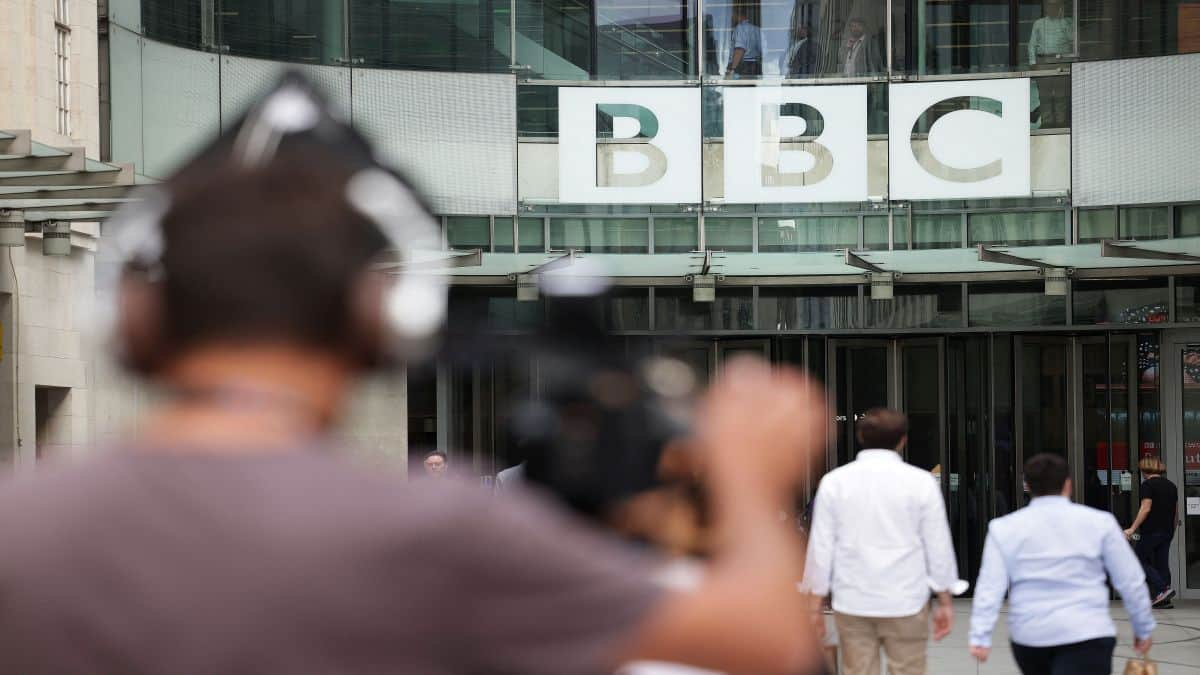
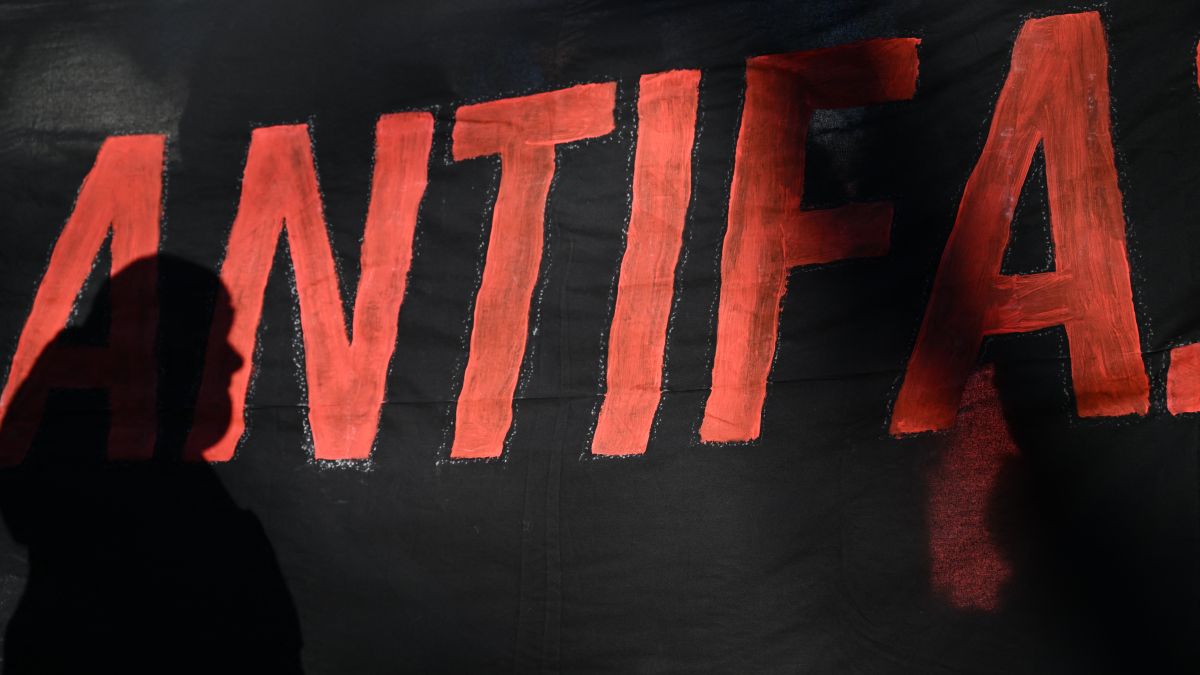)
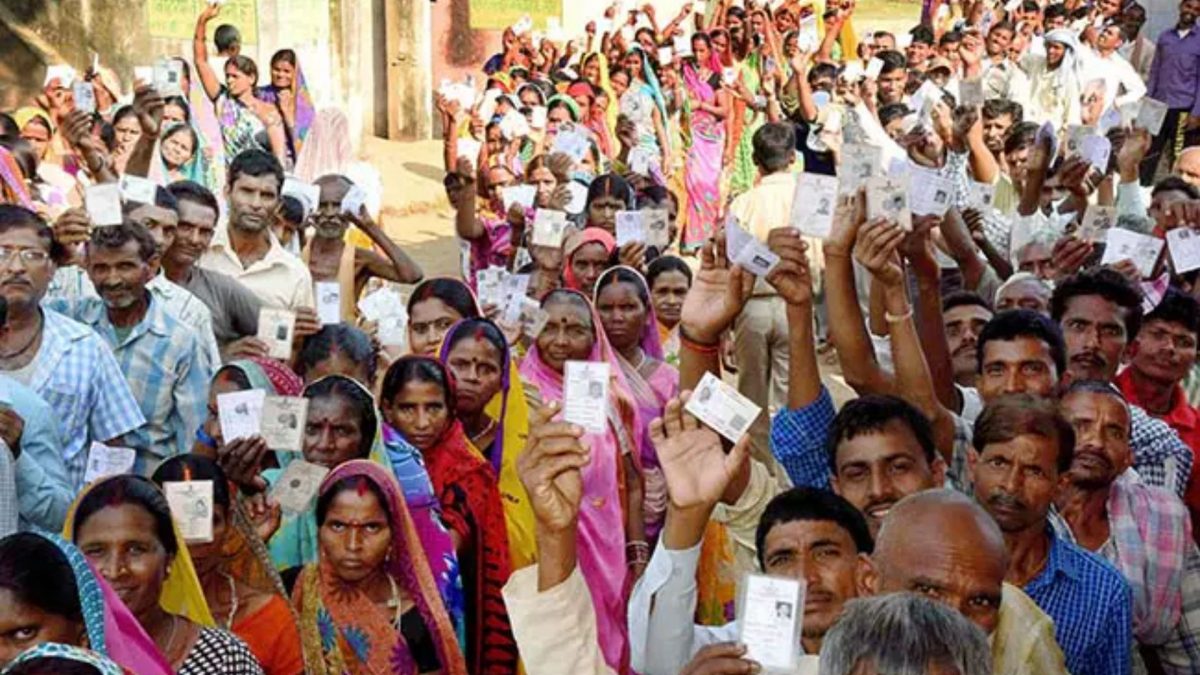)
)
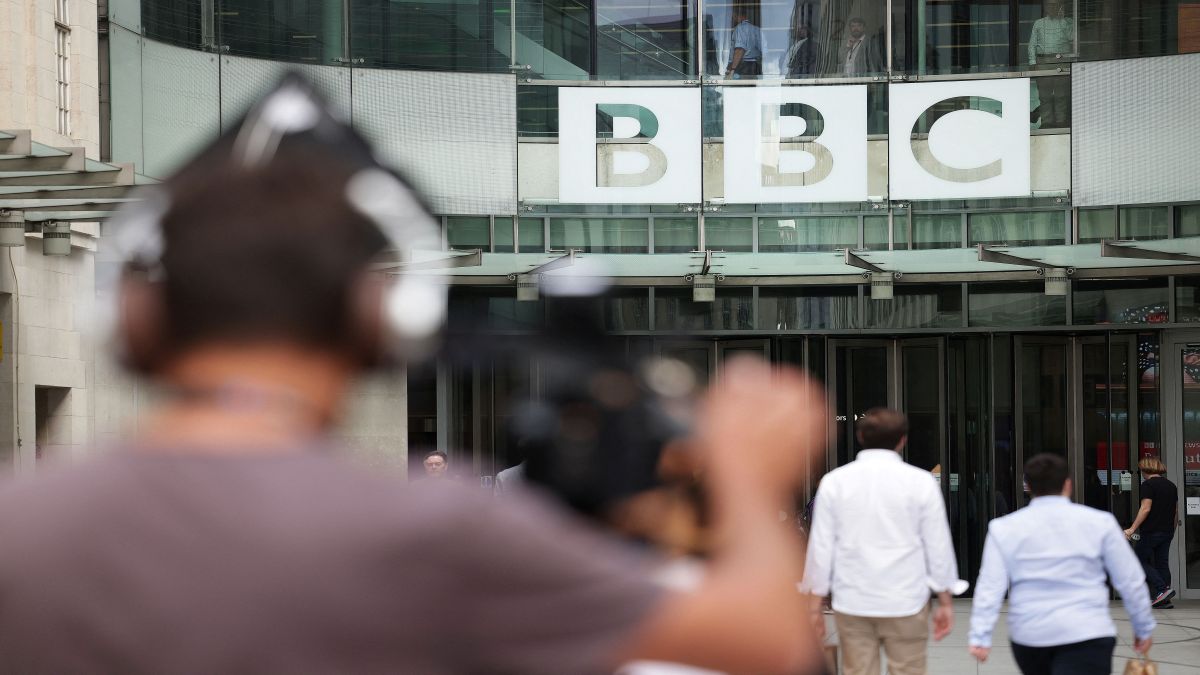)
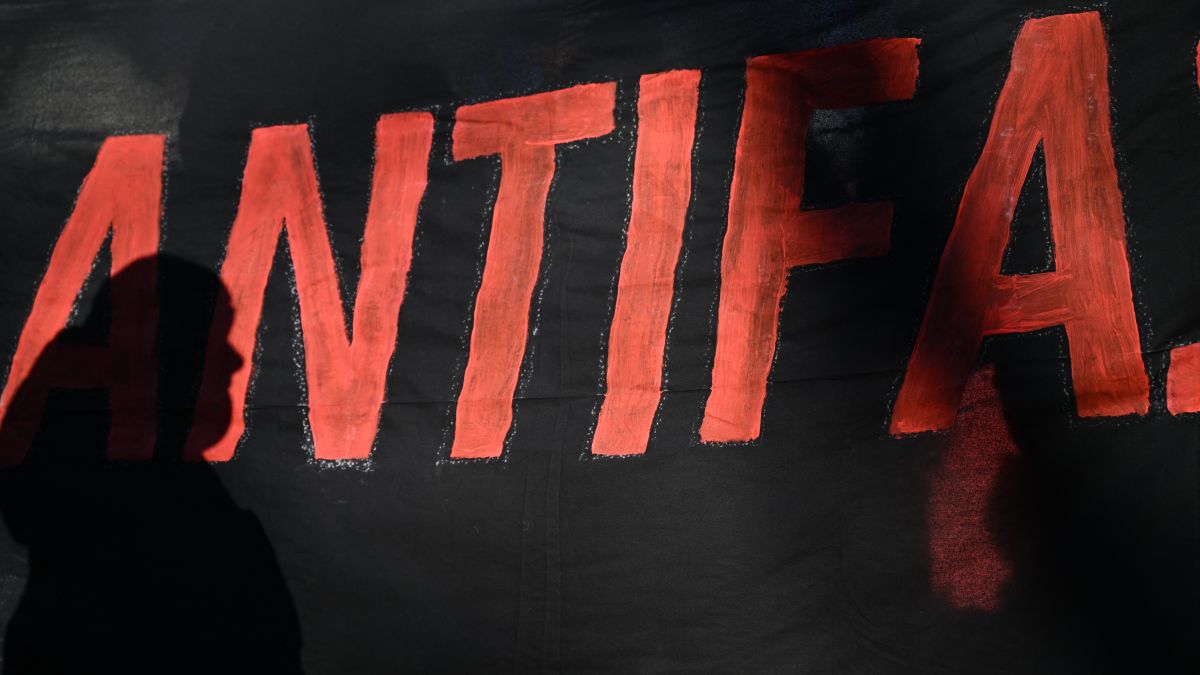)
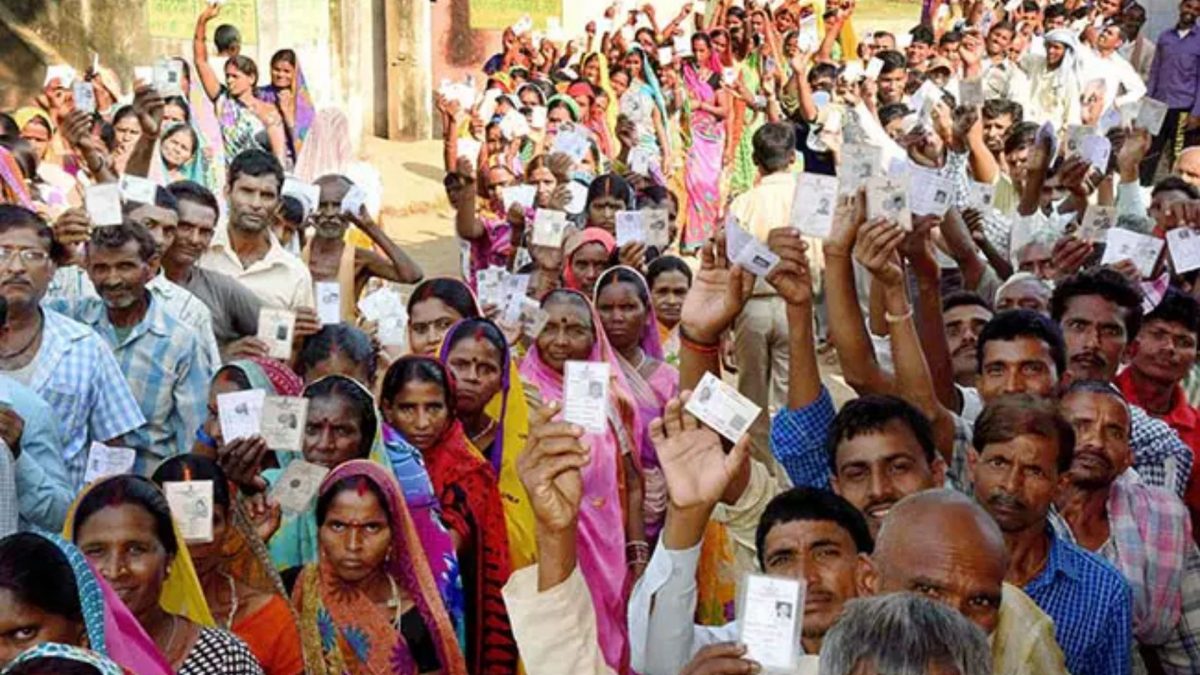)
)
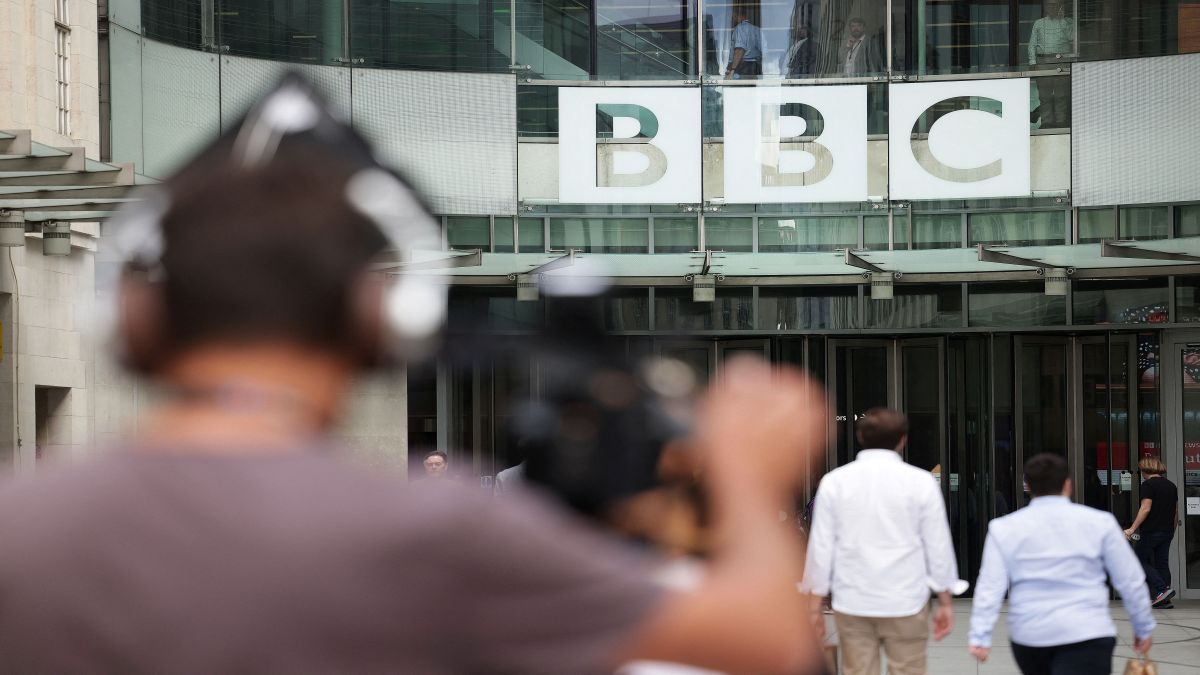)



